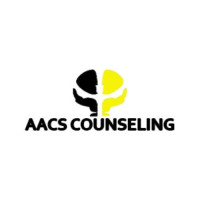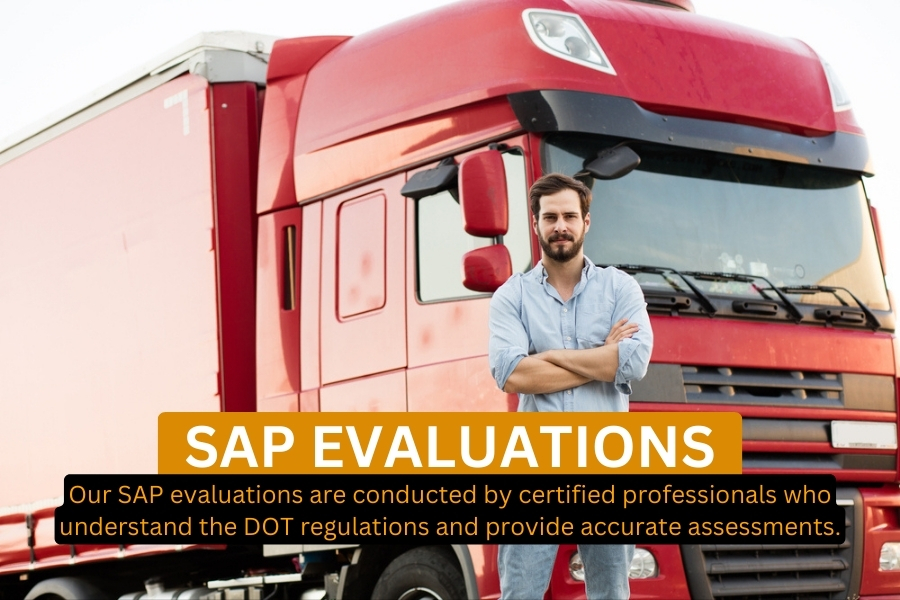Why DOT SAP Program is Essential and What is it?

The Department of Transportation (DOT) Substance Abuse Professional (SAP) program plays a critical role in maintaining safety in transportation industries. This program ensures that employees who have violated DOT drug and alcohol testing regulations receive the necessary evaluation, education, treatment, and follow-up. By adhering to the DOT SAP program, individuals in safety-sensitive roles can address substance use issues and return to work responsibly, fostering a safer environment for everyone.
One of the key reasons this program is essential is that it supports public safety. From commercial truck drivers to airline pilots, employees in DOT-regulated roles carry significant responsibilities. The SAP program acts as a safeguard, minimizing risks associated with substance misuse in these critical positions.
Why Do You Need a DOT SAP Program?
The need for a DOT SAP program stems from the high standards established by the DOT to protect lives and societal welfare. If an employee violates drug or alcohol testing rules for example, by testing positive, refusing testing, or tampering with a test result—that individual must go through the SAP process before returning to a safety-sensitive role.
The process benefits both employees and employers. Employees receive support and resources to address their challenges, regain self-confidence, and work toward a stable and productive career. At the same time, employers meet regulatory requirements and reinforce their commitment to safety and compliance. Through the DOT SAP program, both parties gain clarity and structure in handling substance-related violations.
The Importance of Ensuring Public Safety
Public safety is the foundation upon which the DOT SAP program is built. Think about the responsibilities that individuals in transportation industries shoulder. Whether operating commercial vehicles, flying airplanes, or handling hazardous materials, these employees are entrusted with tasks that directly affect the well-being of countless others.
Substance misuse compromises judgment, reaction time, and overall job performance, creating risks not just for employees but for passengers, coworkers, and the general public. The DOT SAP program mitigates these risks by ensuring that individuals receive appropriate evaluation and treatment before resuming their duties. This process ensures that safety-sensitive employees demonstrate they are fit for duty, contributing to an overall safer transportation infrastructure.
How Long Is the DOT SAP Program Follow-Up Testing Plan?
The follow-up testing plan is an essential part of the DOT SAP process. Administered as part of the return-to-duty process, this testing ensures that employees remain substance-free once they are back at work. The duration of the follow-up testing plan is determined by the SAP after evaluating the employee's specific circumstances.
Generally, the SAP will require at least six unannounced follow-up tests within the first 12 months of returning to a safety-sensitive role. However, this plan can extend up to five years, depending on the individual’s needs. During this time, employees must demonstrate continued commitment to maintaining a drug- and alcohol-free lifestyle.
How Long Does the Return-to-Duty Process Take?
The length of the return-to-duty process can vary, depending on factors such as the employee’s level of compliance and the recommendations of the SAP. On average, the process takes a few weeks to several months.
Here’s a breakdown of what the process involves:
- Initial SAP Evaluation: This assessment determines the extent of the substance use issue and leads to a tailored treatment recommendation.
- Education and/or Treatment: Employees follow the SAP’s recommendations, which could include counseling, rehabilitation programs, or substance education courses.
- Follow-Up Evaluation: After completing the recommended steps, the SAP conducts another evaluation to ensure the employee is ready to return to duty.
- Return-to-Duty Test: The employee must pass a drug and/or alcohol test before resuming safety-sensitive duties.
While the timeline may seem lengthy, this thorough approach ensures employees are truly prepared to return to work safely and responsibly.
How Long Is the Follow-Up Testing Plan?
The duration of the follow-up testing plan can be tailored to each individual but often spans one to five years. During this time, the SAP schedules random, unannounced drug or alcohol tests to confirm the employee’s continued compliance.
The number and timing of the tests are at the discretion of the SAP, adhering to guidelines that prioritize both accountability and safety. Regular testing not only keeps employees on track but also reassures employers and the DOT that the individual remains substance-free.
Why Is Follow-Up Testing Important?
Follow-up testing is a crucial component of the DOT SAP program because it ensures accountability and consistency. Substance abuse is a complex issue that often requires ongoing monitoring and support for lasting change. Consider follow-up testing a safety net that reinforces an employee’s commitment to sobriety.
For employers, this testing offers peace of mind. You’re not just allowing an employee back to work; you’re ensuring they’re equipped to handle their responsibilities without putting themselves, coworkers, or the public at risk. Additionally, follow-up testing aligns with DOT regulations to maintain safety standards across the transportation industry.
How Employers and DERs Can Support the Process
Employers, especially Designated Employer Representatives (DERs), play a pivotal role in the success of the SAP process. Here’s how they can provide support:
- Clear Communication: Ensure employees understand the steps involved in the SAP process, from evaluation to follow-up testing.
- Administrative Support: Facilitate the logistics of testing, evaluations, and treatment, making the process seamless for the employee.
- Nonjudgmental Approach: Provide encouragement and support rather than criticism. Substance use challenges are best addressed in a constructive environment.
- Collaboration: Work hand-in-hand with the SAP to ensure compliance with regulations and maintain focus on safety goals.
By actively participating, employers help create an environment where safety-sensitive employees can recover, return to duty, and contribute meaningfully.
Why Choose AACS Counseling for the SAP Process?
AACS Counseling stands out as a trusted resource for navigating the DOT SAP process effectively. Their experienced team understands the challenges employees face when dealing with substance use violations and provides the guidance needed to succeed.
Some reasons to choose AACS Counseling include:
- Comprehensive Support: From the evaluation stage to follow-up testing, AACS offers end-to-end assistance tailored to each individual’s situation.
- Expertise: With a deep understanding of DOT regulations, AACS ensures every step aligns with compliance requirements.
- Empathy: At AACS, professionals recognize the human side of the process, treating each client with dignity and respect.
When your livelihood is on the line, working with a reliable SAP provider like AACS Counseling can make all the difference.
Take the First Step Today
If you’re navigating the aftermath of a DOT drug or alcohol violation, it’s normal to feel overwhelmed. The good news? You don’t have to go through this alone. The DOT SAP program provides a clear path to recovery and professional redemption, and organizations like AACS Counseling are here to guide you every step of the way.
Reach out today to begin your SAP process. Taking the first step is often the hardest, but it’s also the most important. By committing to the process, you take control of your future, return to a meaningful career, and contribute to a safer, substance-free transportation industry.
Note: IndiBlogHub features both user-submitted and editorial content. We do not verify third-party contributions. Read our Disclaimer and Privacy Policyfor details.







